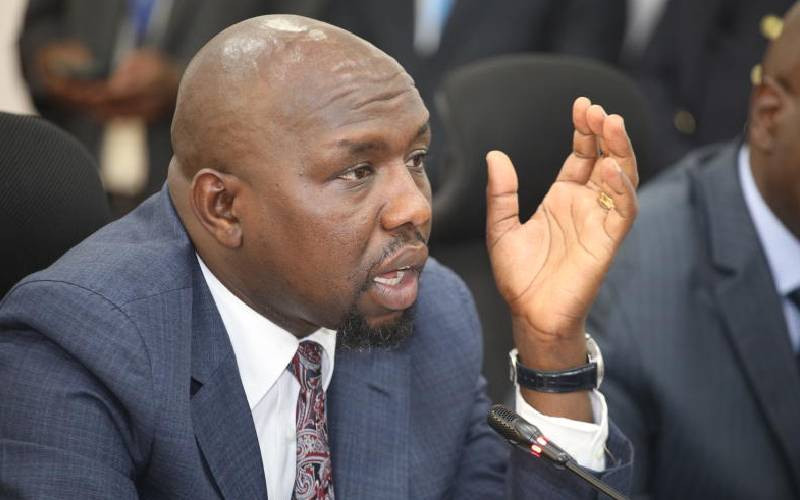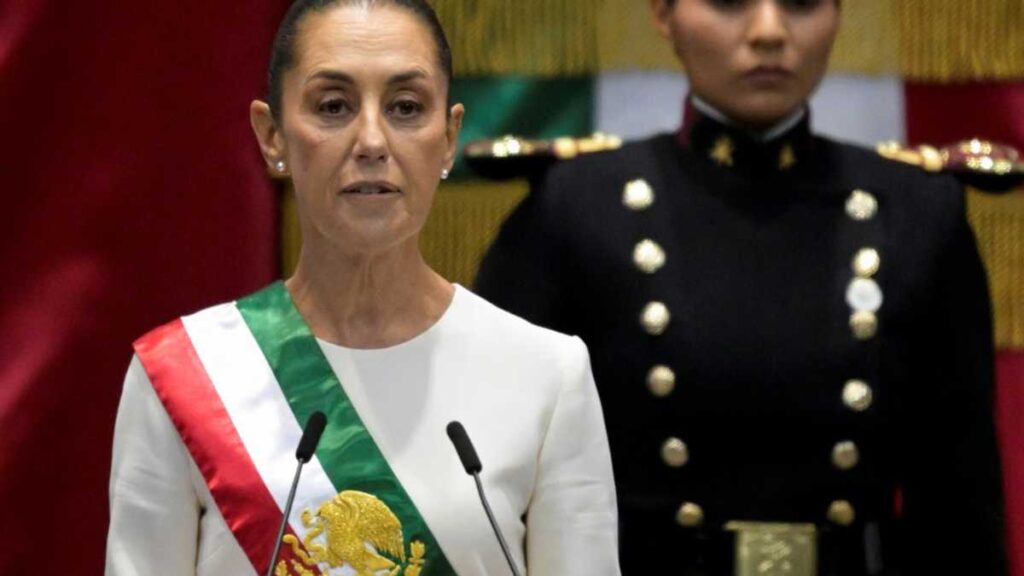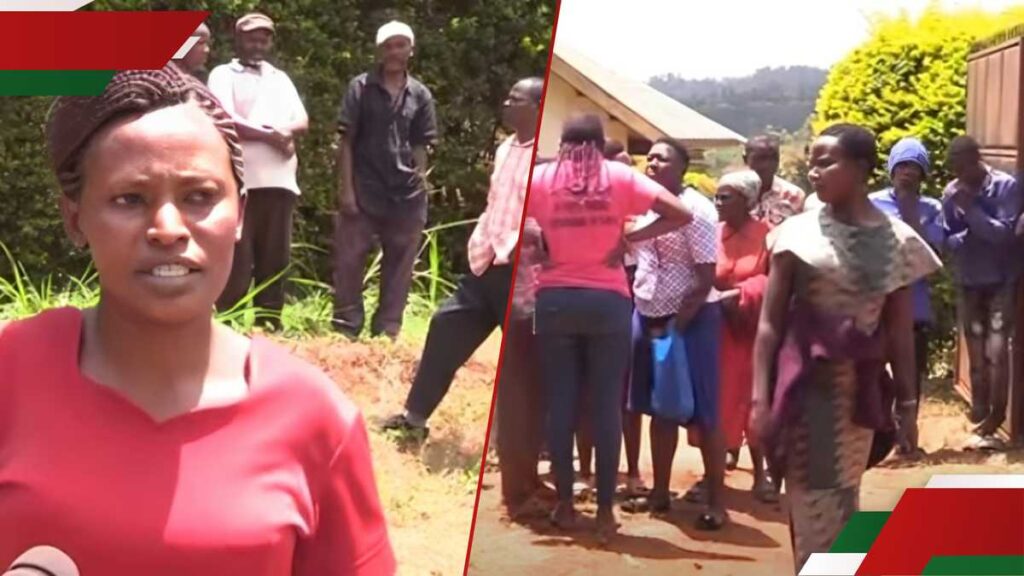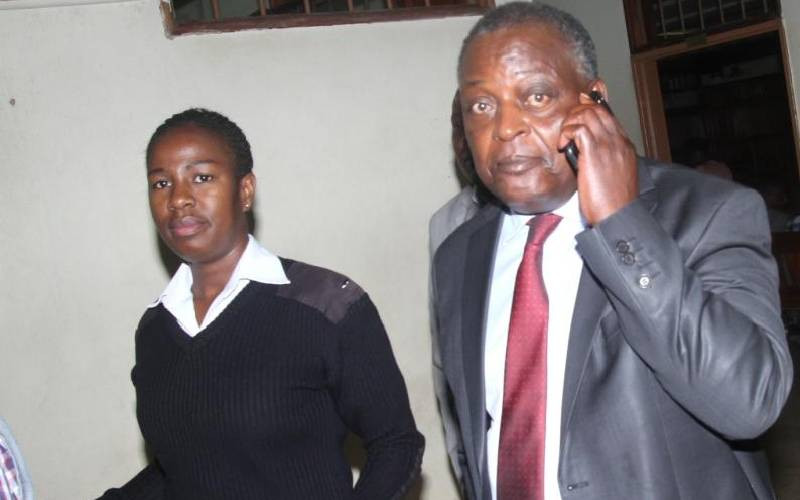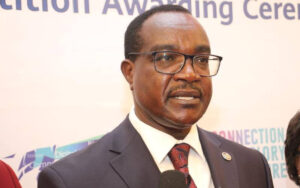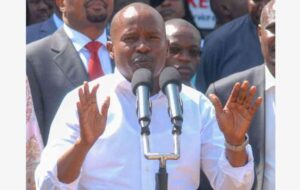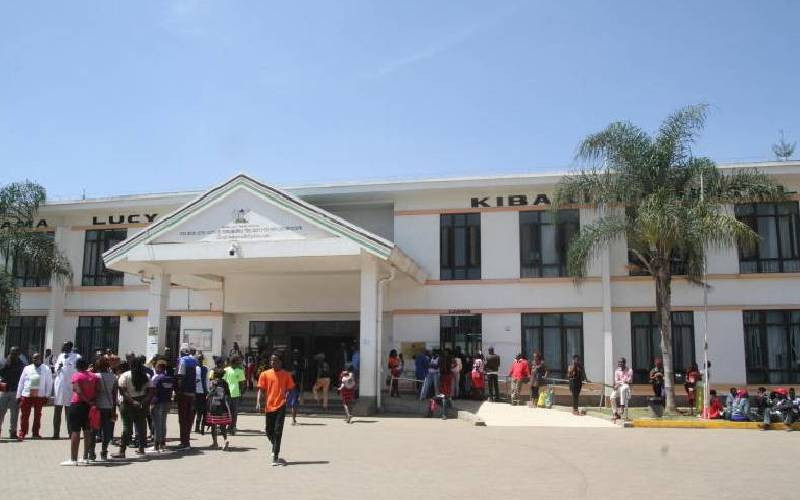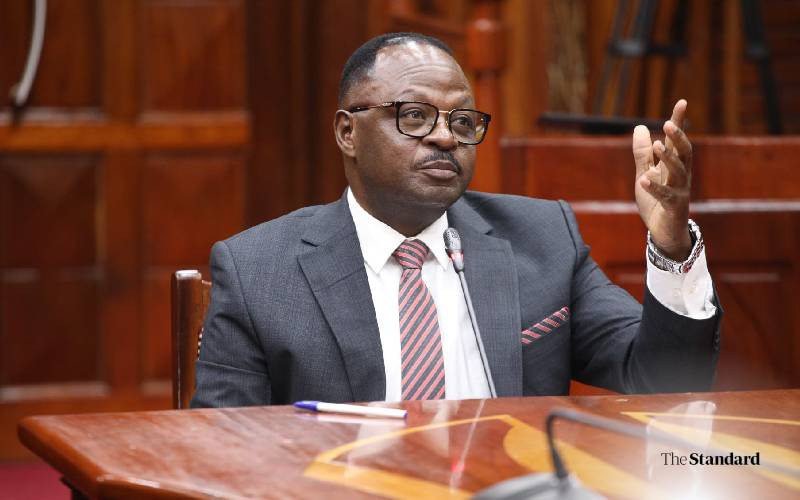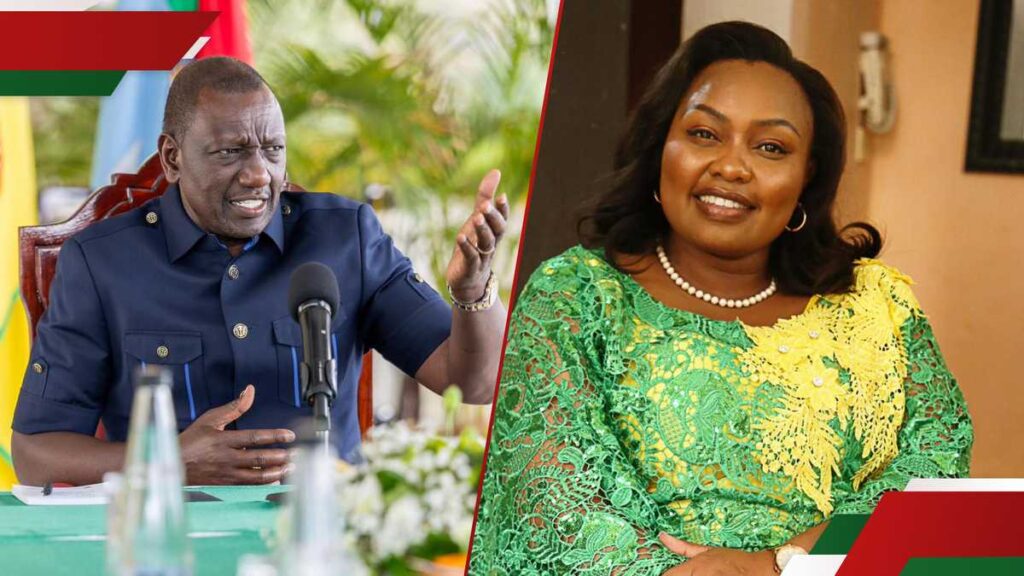The government is expected to roll out public participation for the Draft National Government Village Administration Policy, in efforts to formally recognise and empower village elders as integral players in the country’s governance system.
The public participation forum, which takes place on April 15, will be held in all former provincial administration offices, where citizens and stakeholders will weigh in on the draft policy that has been years in the making.
At its core, the draft policy proposes to formalise the role of village elders, weaving them into Kenya’s National Government Administration Infrastructure.
Interior Cabinet Secretary Kipchumba Murkomen said the proposed policy will define village elders duties, outline eligibility, ensure training and oversight, and introduce a financial honorarium for their service.
“For a country whose Constitution mandates access to services in every corner of the Republic, the formal recognition of the village as the lowest unit of administration is not just constitutional—it’s moral,” Murkomen added during a recent National Assembly plenary. “These elders have carried our communities for far too long without support.”
Often working with no official recognition or compensation, they have mediated family feuds, resolved land disputes, and kept the pulse of their neighborhoods steady in the face of turbulence.
The elders often serve voluntarily, surviving on the goodwill of the communities they serve.
However, the proposed honorarium would not only help sustain the elders’ work but also legitimize their efforts in the eyes of the government and the public.
“We can collectively decide how we’re going to take care of our elders. This honorarium would allow them to serve with pride, knowing the nation stands behind them,” Murkomen said.
The policy’s vision is to establish a structured, accountable, and well-facilitated village administration system.
This includes mapping and gazetting villages, training elders, and assigning them defined roles—from keeping incident logs and liaising with government agencies to maintaining community harmony.
As part of a broader reform agenda, the Ministry is also reviewing administrative boundaries, enhancing security logistics, and streamlining public service at the grassroots.
In areas like Taita Taveta, recent engagements have tackled mining regulation, policing needs, and land conflict resolution—all with input from local elders and stakeholders.
“We’re actively engaging with communities to solve real issues. And that’s exactly why the village elder must be at the center of our service delivery framework,” Murkomen noted.
Stay informed. Subscribe to our newsletter
This draft didn’t appear overnight. It is the product of extensive consultations with local leaders, chiefs, lawmakers, and development partners—ensuring that the policy is grounded in lived experience.
After public participation, the draft policy will be tabled in Parliament.
Interior Principal Secretary Raymond Omollo, described the village elders as “the fabric that holds society together.”
“They’re not just part of our governance; they are the heartbeat of our communities. From promoting peace to helping resolve teenage pregnancies, early marriages, land disputes, and even human-wildlife conflict, their footprint is everywhere,” Omollo said.
“It’s not just about giving them a seat at the table. It’s about acknowledging that they’ve always been there—holding the table up.”








